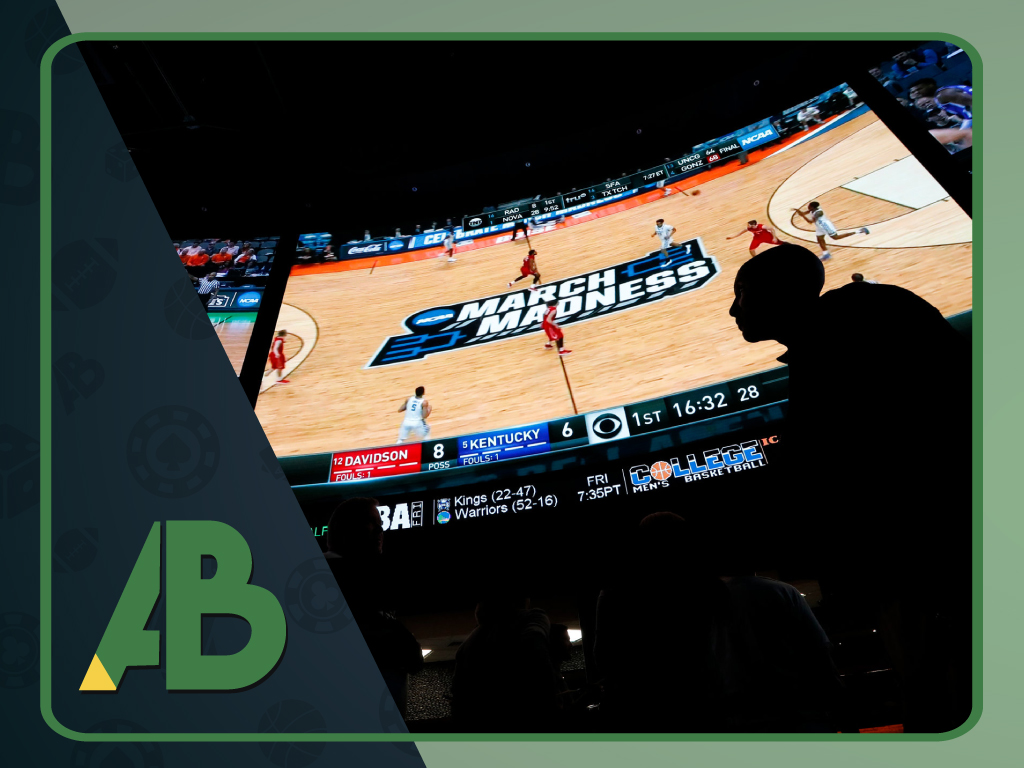When it comes to attracting new customers, businesses from all industries will always look for ways to offer discounts and free promotions that are designed to get the customer to the door. The sports gambling industry, currently on a path of extensive growth in the US, is no different, and the competition to draw in customers is always fierce. The use of schemes like free bets and bonuses help sports gambling operators draw attention to themselves, but there are also other motives behind the promotions that can prove lucrative to the companies.
A good example of the power of bonuses and free bets can be found in Pennsylvania, which saw its first retails sportsbooks in the fall of 2018, followed by online sports betting emerging in May of the following year. Since then, the state has become a playground for sports gamblers, and the latest data shows that online operators took in $13.1 million in September, but they also gave away $12 million through various promotional campaigns, including bonuses and free bets.
This may seem counter to financial logic, but there’s a reason it can work. In addition to the ability to build up larger customer bases quickly, which will carry the sportsbooks well into the future and make it more difficult for new competitors to pinch users, there are certain monetary considerations that can provide benefits to the operators. Essentially, offering a great number of promos, even if it means taking away from the revenue, leads to positive totals on the books, to a certain degree.
To put this in visual terms, DraftKings reported online revenue of $1.1 million in September; however, it gave away $2.3 million in promotional credits. In addition, with the launch of the NFL season at the beginning of the month, there was an even greater number of promos that led to lower reported revenue, with the promos making up a higher percentage of the company’s gross gaming revenue (GGR).
As a result, DraftKings reported a net revenue loss of $920,000 for the month. That loss, though, can be carried over on the books and will be used to offset future tax liabilities, in accordance with Pennsylvania’s sports gambling tax revenue guidelines. Those guidelines also only require that operators pay tax on net revenue, and the bonuses and promos are able to reduce the net revenue liabilities.
In the case of DraftKings, it is also able to list on its books to investors gross revenue of $1.4 million, which has helped it remain a strong option on the market. In May, it was trading at $19.35 and, as of the morning of October 23, was trading at $32.43. Its performance is around 33 times the expected revenues for fiscal year 2020.
The DraftKings revenue example isn’t applicable everywhere – other states tax gaming revenue differently. However, the value received by offering promos remains constant. When utilized appropriately and implemented as part of a strong marketing strategy, they are a great way to attract new customers and convert them into loyal users who will be less inclined to seek out alternatives in the future.
While the use of promos may put operators in a tough financial spot now, the idea of using them to attract traffic and clients remains strong. States were only given the ability to offer sports gambling in 2018 when the Supreme Court dissolved the misguided PASPA of 1992, which had prevented them from legally developing sports gambling legislation. As a result, sports gambling is still a nascent industry in the country and, as with any business, a ramp-up period is needed. However, the projections indicate a multibillion-dollar industry in just a few short years, and the role promos have in getting there cannot be ignored.







